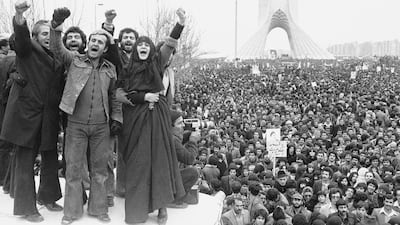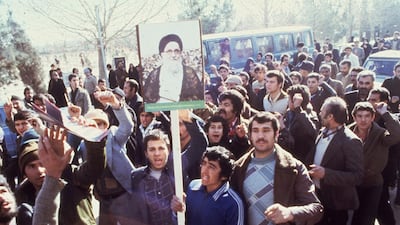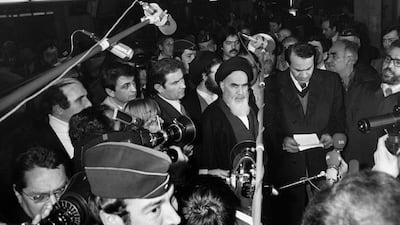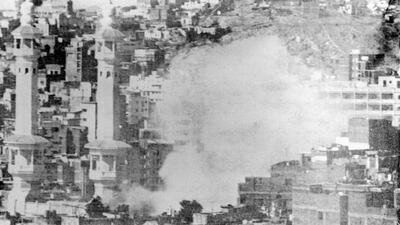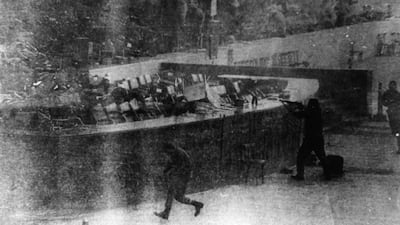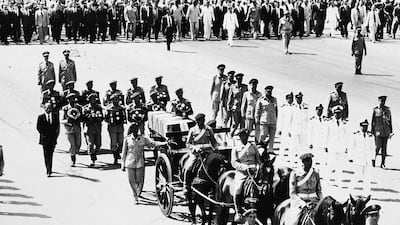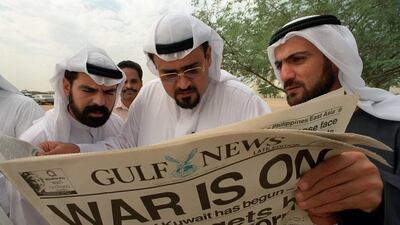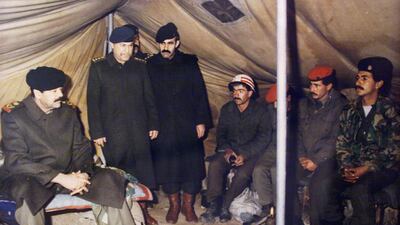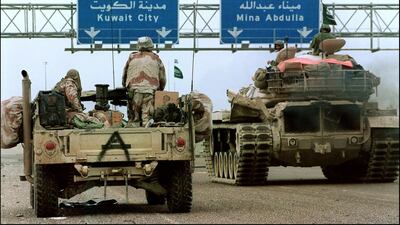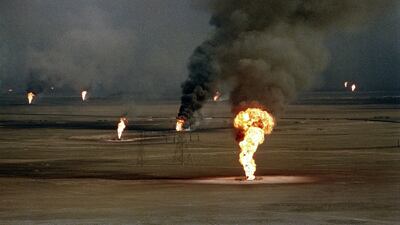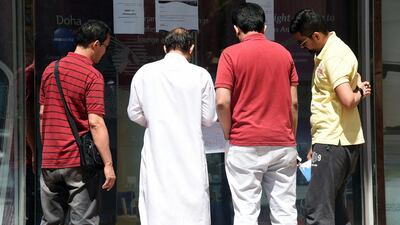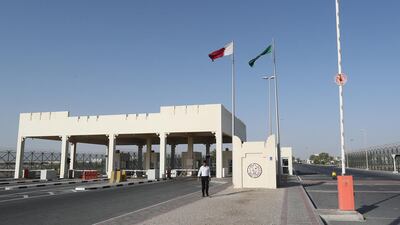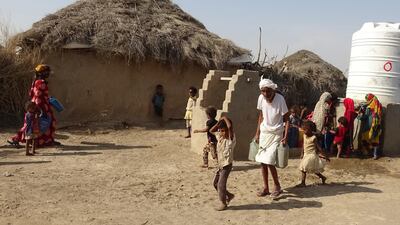In the 40 years since the Gulf Co-operation Council's inaugural meeting at Abu Dhabi's Intercontinental Hotel in 1981, the organisation has overcome challenges and differences of opinion, but it also scored successes that shaped and empowered it.
Today, the GCC leads the Arab response on regional issues and provides a unified perspective at an international level.
The GCC is critical to maintaining security and stability at a time of volatility and uncertainty.
Its Peninsula Shield Force helped liberate Kuwait during the First Gulf War 30 years ago and went to Bahrain during protests after the 2011 uprising to strengthen security at a time of terrorist violence.
Diplomacy is one of the GCC's strengths as the Gulf becomes one of the wealthiest and most successful parts of the world.
Here are key moments from four decades that tested and fortified the council:
From the 1979 Iranian Revolution to the Iran-Iraq war
"Regional states must show unity to counter Iran's regional interference," Saudi Arabia's Crown Prince Mohammed bin Salman said at the GCC summit in January.
That statement could have been made at the inception of the six-state group four decades earlier.
Gulf states have viewed Iran with caution since the Islamic Revolution that overthrew Shah Mohammed Reza Pahlavi in 1979.
What replaced the monarch was a theological government that has caused friction with neighbouring states and is fomenting instability across the Middle East.
The formation of the GCC unified the Arabian Gulf nations as a single body.
The 1980 Iraq-Iran war started when Saddam Hussein's forces invaded Iran in September. The crisis gave Gulf Arab states the opportunity to speak with a single voice.
In 1982, GCC foreign ministers met and announced that all states would take a position of strict neutrality in the Iran-Iraq war, pledging efforts to bring the conflict to an end and negotiate a peace settlement that guaranteed "the legitimate rights of both parties".
"Regional conflicts added a security dimension to the GCC's activities and encouraged its members to view each other as allies," said Samuel Ramani, a tutor of international relations at the University of Oxford.
The GCC was shaped by the Iran-Iraq war and it was a mechanism to isolate Gulf states, said Simon Henderson, a Gulf expert at the Washington Institute for Near East Policy, said.
"It succeeded," he told The National.
"It has survived because the grouping retains a utility, despite political divisions. The key to this success was the wisdom of individual Gulf leaders.
"It will continue to survive while Gulf leaders recognise its value," he said.
1991 Gulf war
Iraq's invasion of Kuwait prompted a united response from the GCC.
The Gulf War brought together the largest military alliance since the Second World War, with more than 30 countries participating including the US, the UK, Saudi Arabia, Egypt and the UAE.
The GCC played a critical role in supporting both the formation of the military coalition and the diplomatic offensive to win backing for the operation at the UN.
This demonstration of unity within the Arab world resulted in the UN Security Council passing a resolution demanding the immediate withdrawal of the Iraqi army and authorising the liberation of Kuwait by force if necessary.
The GCC joined in the condemnation of Iraq and called on Baghdad to pull its troops out of Kuwait.
2017- 2021 Rift with Qatar
The January summit at Al Ula in Saudi Arabia ended the three-and-a-half-year rift that had developed between Qatar and its Gulf neighbours Saudi Arabia, the UAE, Bahrain and Egypt.
Since then, dialogue and understanding has been steadily fostered between all parties.
The four states cut ties with Qatar in June 2017.
The Al Ula agreement increased the prospect of greater co-operation within the GCC, which Mr Ramani said was essential in the face of the coronavirus pandemic's ebbs and flows, and as the regional focus turned to economic recovery.
The summit was also marked by the presence of new leadership in the two countries that played important roles for reconciliation in the council.
Sultan Qaboos of Oman and Sheikh Sabah of Kuwait, elder statesmen and pillars of Gulf diplomacy, died last year.
2016 – Present Yemen Conflict
Last month, Saudi Arabia announced its plan to bring an end to Yemen's civil war and the Saudi-led military coalition's involvement in the conflict.
Not all GCC states are members of the Saudi-led coalition and some – like Oman and to an extent Kuwait – play a mediating role with the Iran-backed Houthi rebels.
But the declaration, signed by the Gulf countries at Al Ula, highlighted the need to maintain a united front, to ensure regional security and provide the necessary support to Yemen, Bahraini Minister of Foreign Affairs Abdullatif Al Zayani said.
"The GCC stands united with Saudi Arabia in the face of the ongoing threats it faces," he said.
The council also recently condemned the use of civilians as shields by Houthi militias fighting in Yemen's Marib province.
"Iran continues to support the Houthi militia and destabilise the region," GCC Secretary General Nayef Al Hajraf said.
